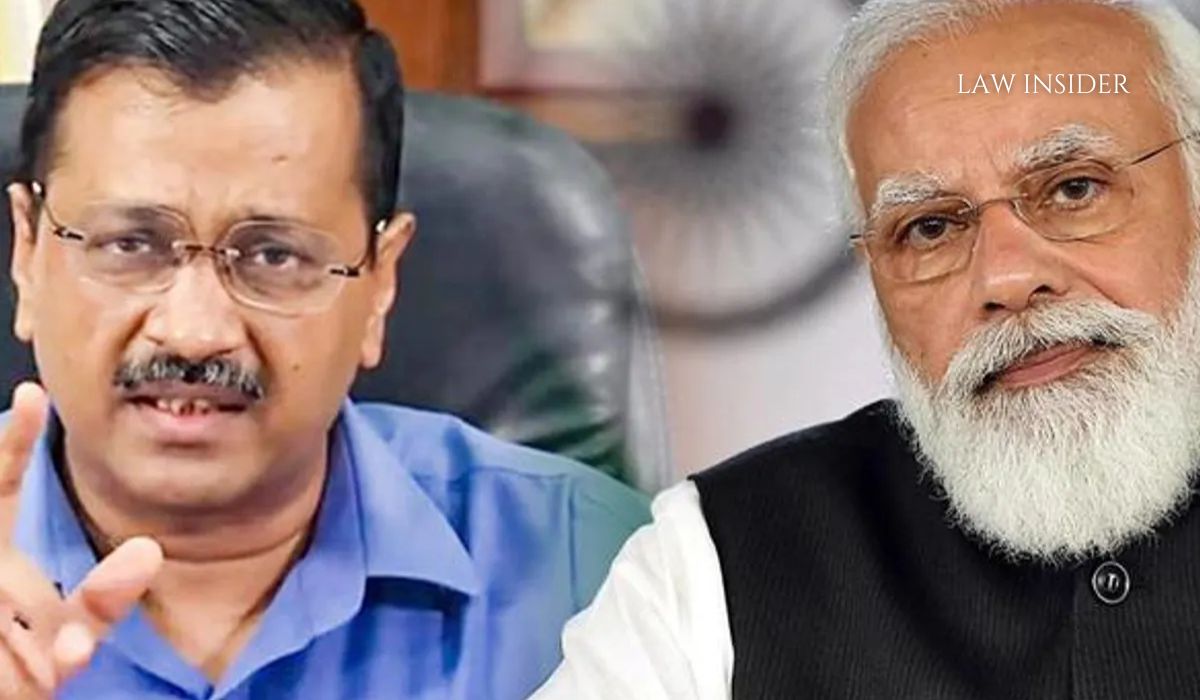LI Network
Published on: February 26, 2024 at 21:59 IST
Supreme Court in a defamation case against Delhi Chief Minister Arvind Kejriwal, instructing the trial court to halt proceedings until further notice. Justices Sanjiv Khanna and Dipankar Datta presided over the bench and adjourned the hearing to March 11, with a directive that the trial court refrain from taking up the matter in the interim.
The case revolves around Kejriwal’s retweet of a YouTube video targeting the BJP’s IT cell, which led to a criminal defamation suit. The Delhi High Court previously upheld the summons issued to Kejriwal, ruling that retweeting defamatory content can constitute ‘publication’ under IPC Section 499.
Senior Advocate A M Singhvi, representing Kejriwal, argued that the original complaint was withdrawn and subsequently refiled, omitting crucial details about the withdrawal. Singhvi contended that the act of retweeting should not necessarily imply endorsement, urging the court to reconsider the High Court’s perspective on the matter.
Justice Khanna acknowledged the dual interpretations of retweets, suggesting it could either signify endorsement or merely the sharing of information. Singhvi emphasized the need to clarify this distinction and expressed Kejriwal’s readiness to admit any mistake if informed about the consequences beforehand.
In response, the bench proposed the possibility of closing the case if Kejriwal acknowledged the retweet as a mistake. Advocate Raghav Awasthi, representing the complainant, requested time to consult before the court adjourned the proceedings.
The Delhi High Court had previously emphasized the accountability of public figures like Kejriwal, highlighting the potential impact of their actions on public perception. While acknowledging that retweeting defamatory content constitutes ‘publication’, it emphasized the trial court’s role in assessing the harm caused and determining liability based on the available evidence.
The case underscores the complexities surrounding social media use by public figures and the legal implications thereof. It also raises questions about the extent of responsibility associated with online sharing, particularly in the context of defamation laws. The Supreme Court’s intervention signals a critical juncture in the legal interpretation of social media actions and their ramifications on public figures’ reputations.

